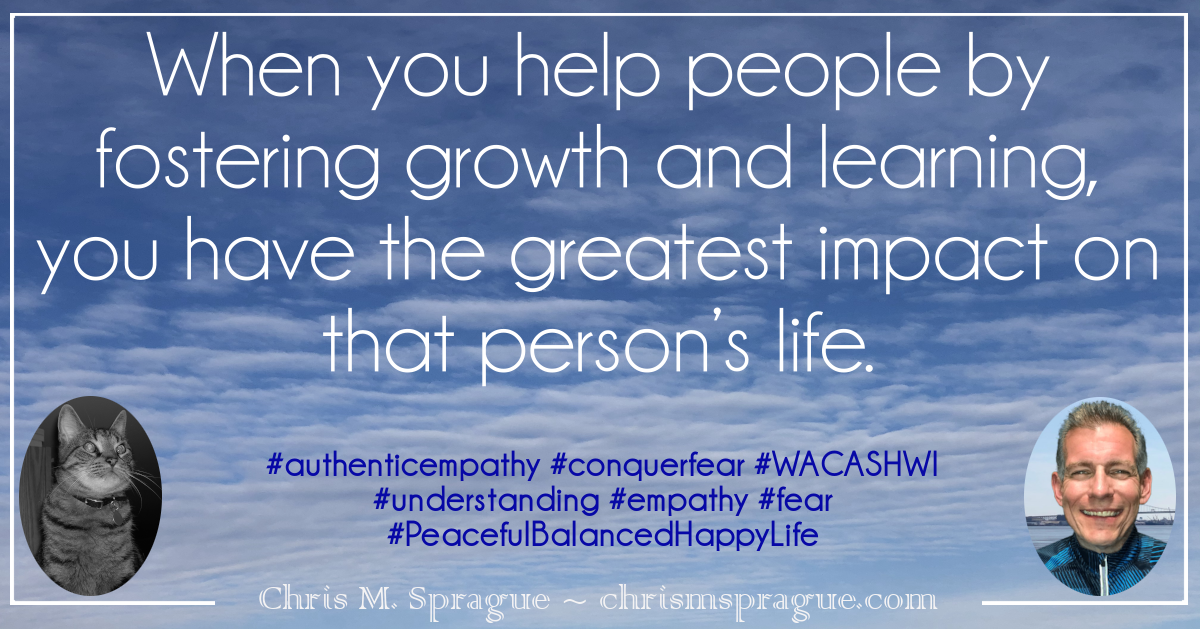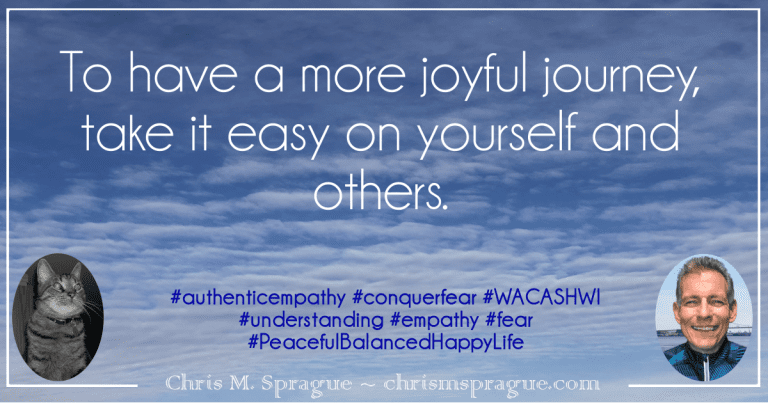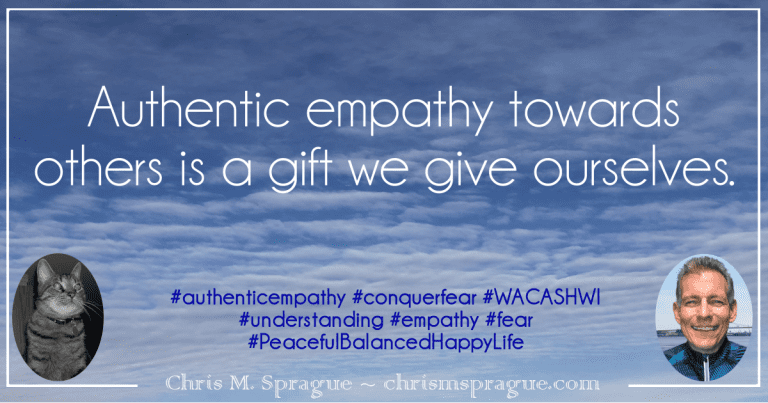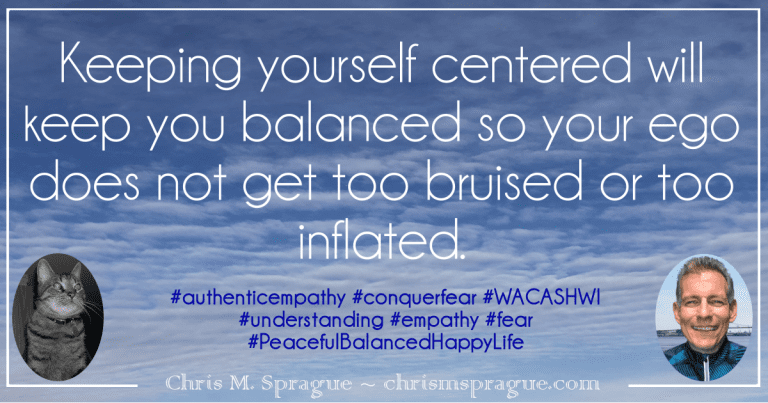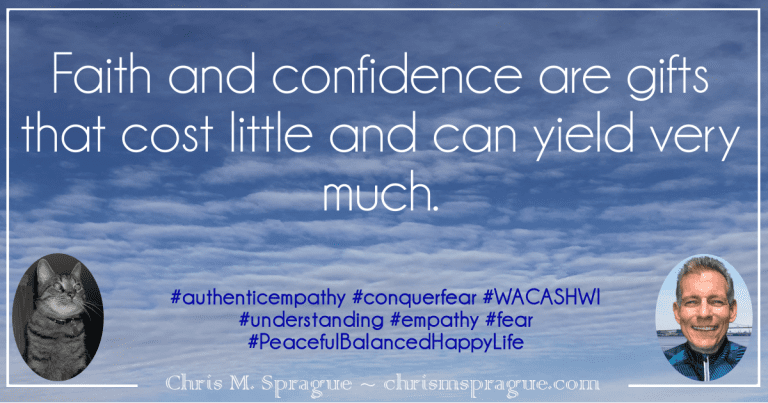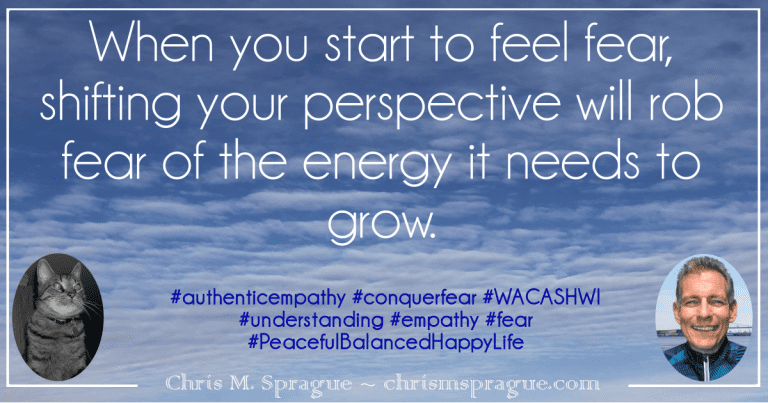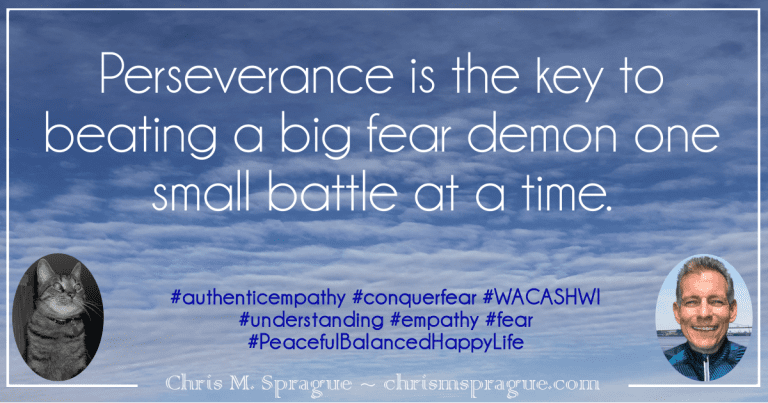Safety or Support Which Would You Choose
Estimated Reading Time: 6 Minutes
When it comes to supporting someone or keeping them safe, which one would you choose?
When it comes to friendships and relationships, we will have people who either support us and our choices or try to keep us safe from making mistakes. More specifically, when it comes to safety, we are talking about when a friend or loved one tries to do something to protect you, sometimes without thinking about the consequences. When it comes to support, we are talking about when a friend or loved one’s actions or words are supportive of you, regardless of whether they agree with you.
Do you want people in your life to support you and your choices? Do you want people in your life to give you advice and try and keep you safe? What do you believe will be most effective for you, safety, or support? Do think fear plays a role in which one you choose?
We go through a lot in our lives. There are well-meaning people who do things every day that they believe show us they support us. Many of those things are, in the end, done to keep us safe. Parents, friends, a spouse, a significant other, maybe even bosses or co-workers do things and say things to keep us safe when we are headed into a situation that might be harmful for us. They tell us not to do what we are thinking about doing. They caution us against trusting someone. They try and keep our emotions safe when we choose to let a friendship or relationship go by saying things like that person was not good for us anyway.
When we try to keep someone safe, two things happen. First, we rob them of their chance to learn and grow. We do this with the best of intentions. We think we are saving them the heartache and trouble of making a mistake. While we are saving them in the short-term, there is no guarantee that they will avoid making that mistake in the future. However, if a person experiences something, learns and grows from it, chances are they will not make the same mistake twice.
Second, we impose our experiences and beliefs on them. Every piece of advice we give, every suggestion we give, comes from a combination of our life experiences and what we believe. Since our friends, family, coworkers, etc. have different life experiences than we do, we cannot guarantee that our advice will even work for them. If you find yourself trying to give advice or suggestions to keep someone safe, I invite you to consider something that will be more effective. Support them.
When you feel the urge to tell someone not to do something, instead, look at them and offer them support. I invite you to say things like, “When you do that, how can I support you in a way that helps keep you safe? How can you work through that, so it doesn’t hurt you?” If it is a personal relationship you are trying to steer them away from, instead of saying, “You know that person is bad for you” I invite you to say, “I understand you have your reservations. How can this situation be good? How can you make this situation better and what can I do to help?” Personal relationships can be a bit tricky, and this advice should only be applied when the relationship or situation is not a situation where it is obvious someone’s safety is at risk, not a situation where they could be harmed physically or mentally and does not create an environment that is hazardous to their physical or mental health.
When we error on the side of support, we empower people to learn and grow. Do this and you will have a greater impact in that person’s life.
How this applies to fear…
When it comes to fear and choosing to support someone over keeping them safe, when we fight the urge to keep someone safe, we do so by overcoming our own fears. We need to overcome a fear of letting the person down by letting them struggle. We need to overcome our fear that the person will blame us, hold us accountable, or be mad at us if they struggle and we could have prevented it. While these are valid fears, if they come to fruition, the best we can do is have an open and honest conversation with the person. This conversation will show we support them. We will also let them know that next time they can ask us for advice, and we will do our best to help steer them in the right direction. Herein lies the nuance of choosing to support someone over keeping them safe. When someone asks for our advice, then we can choose safety over support.
How this applies to authentic empathy…
When it comes to authentic empathy and choosing to support someone over keeping them safe, support shows a greater level of authentic empathy for a person. It shows the person you are supporting that you value their experiences and who they are. It shows that you understand that they may be different than you and have different needs than you.
How this applies to WACASHWI…
When it comes to WACASHWI and choosing to support someone over keeping them safe, when going through your list, you will need to decide what you want from your family and friends. Do you want them to support you? Do you want them to give you advice and try and keep you safe? What feels right for you? When you come up with the answer that feels right for you, move in that direction. As you go through the process, continually review whether you want support or safety taking fear in to account. If you chose safety, does fear play a role in that choice? Finally, realize that the support vs. safety route may be different for different items on your list.
Your daily invitations…
- I invite you to think about someone in your life you feel you have been keeping safe.
- I invite you to consider things you could do to shift what you are doing to be support-driven rather than safety-driven.
- I invite you to write down your thoughts, feelings, and actions in your journal.
- I invite you to talk with the person you thought about above and find out what they need and want from you.
Final step – how will you implement one thing you learned today in your life?
This all is but one step in your journey to living a more stress-free life, beating the demons of fear, and raising your level of authentic empathy towards yourself and others.
